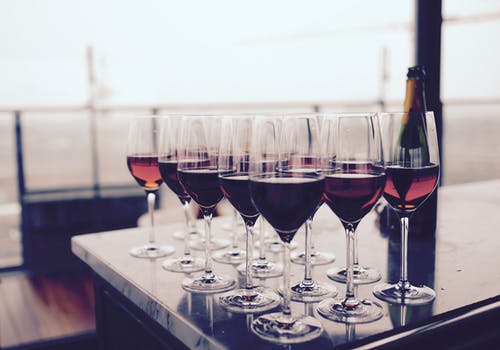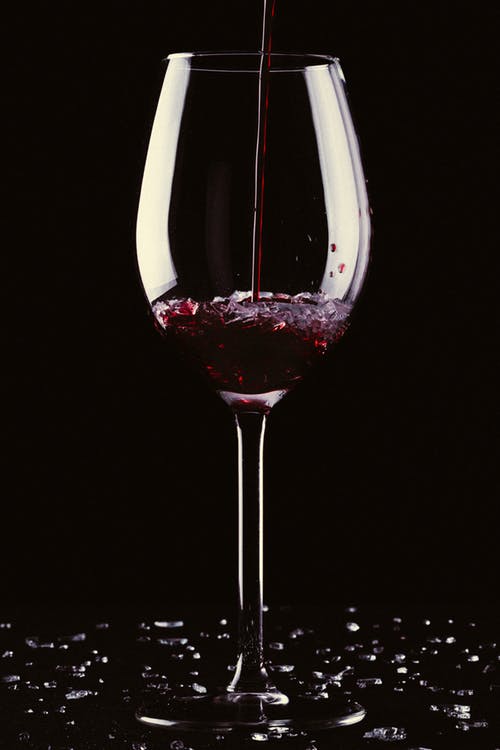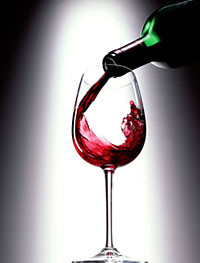When you keep taking wine to the point that you cannot control how much you drink, and where you take it, then you might have an alcohol use disorder on your hands.
Some people dealing with wine addiction might think that the only way to deal with some of the negative emotions, stress, and other factors stressing them is to take enough alcohol.
However, the positive effects are only short-lived because they need to keep taking more alcohol to sustain the pleasant effects in the long run.

When addiction is in play, it modifies the pathways in the brain, which will make it difficult for you to quit it. However, if you want to be done with addiction, you need to learn more about the treatment options available to you.
Detoxification
The primary essence of detoxification is to eliminate the toxins and waste products in your system that accumulated because of the wine intake. During this period, you will be required to refrain from alcohol so that the detoxification process will be more effective.
You might likely experience some withdrawal symptoms like seizures, fatigue, nausea, tremors, etc. However, if you undergo this process at the hands of a professional therapist, they will be able to manage your condition to ensure that it doesn’t take a great toll on you.
Inpatient treatment
This option is ideal for people who have a chronic case of addiction. Such people would need more monitoring especially when they are at the withdrawal symptom stage.
When someone is in inpatient treatment, it might be difficult for them to do other things because they need to remain within the treatment facility till they are sober and clean.
Outpatient treatment
Outpatient treatment is for people whose addiction situation is milder than those with chronic cases. Such people do not need to stay at the treatment facility because they don’t need round-the-clock monitoring.
All they need to do is come from home to receive treatment, and they can return to their respective engagements.





